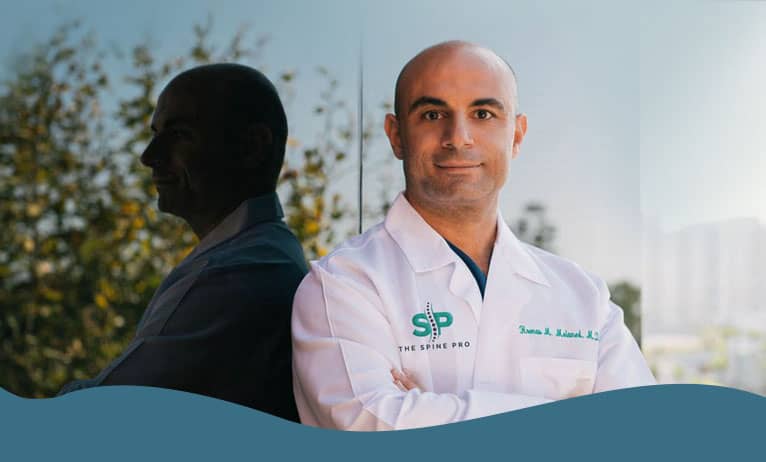International Mediterranean Diet Awareness Month
International Mediterranean Diet Month is finally here, a month dedicated to celebrating and creating awareness of delicious foods and the incredible health benefits associated with the Mediterranean diet.
The Mediterranean diet, which consists of fruits, vegetables, very limited whole gains, fish, nuts, seeds and olive oil, has a history of long-term health benefits. The interest in this diet began with the American scientist, Ancel Keys, who pointed out the correlation between cardiovascular disease and diet. He compared diets and lifestyle of populations in seven different countries and found that those who adopted a Mediterranean diet presented low cholesterol and a small percentage of coronary heart disease.
Health benefits of the Mediterranean diet:
- Prevents and treats high blood pressure
- Prevents cognitive decline
- Improves heart health
- Prevents strokes
- Reduces inflammation
- Improves gut health
- Improves mood
What does the Mediterranean diet consist of?
A Mediterranean diet offers a simple cuisine that is rich in taste. High in healthy plants and low in meats, this diet consists of whole, single-ingredients foods that include:
Fruits and vegetables: Tomatoes, cucumbers, spinach, apples, dates, grapes, etc. Make sure to limit fruits that are high in sugar such as watermelon and pineapple.
Nuts and seeds: Almonds, walnuts, pistachios, pumpkin seeds, sunflower seeds, but NO peanuts and cashews
Legumes: Organic, NONGMO beans, lentils, chickpeas
Whole grains: Whole oats, whole-grain pasta, etc. However, this should be limited as too much grain is unhealthy.
Fish and seafood: Salmon, sardines, tuna, shrimp, mussels, etc, as long as ALL wild caught. NO FARM.
Dairy: Cheese, yogurt, etc, but only pasture raised and grass fed or from Italy, France, Switzerland.
Healthy fats: Extra virgin olive oil, olives, avocados and avocado oil, above nuts, and flax seeds.
These foods contain healthy fats, fiber, vitamins and minerals while also being low in sugar. It is essential to have foods that are low in glycemic index. Healthy fats are essential to the Mediterranean diet and can help reduce the risk of heart disease and decrease inflammation in the body. Inflammation is a huge contributor to pain felt throughout the body. An anti-inflammatory diet is one of the first recommendations Dr. Hooman Melamed makes to his patients.
Legumes, such as beans, lentils and chickpeas, are incredibly high in fiber, a substance that helps regulate blood sugar and keeps bowel movements regular.
How to get started on a Mediterranean Diet
It is important to understand the difference between a ‘diet’ and a ‘lifestyle change.’ Most people start diets because they want to lose weight at an unhealthy rate and then usually go back to their old lifestyle, creating a toxic relationship with food and the individual.
The foods you eat in the Mediterranean diet provide you with the benefits listed above, but making this diet a part of an overall healthy lifestyle will help you reap even more benefits. Here’s some tips to get you started:
- Avoid unnecessary sugar
- Consume vegetables, fruits, whole grains and healthy fats daily as recommended above
- Limit your intake of red meat
- Switch to whole-grain bread and pasta or, even better, pasta made with almond flour, such as Cappello brand or made from lentil and chickpea, as in the Tolerant brand
- Incorporate some dairy only as above recommendation, but not too much
- Exercise at least 3-5x a week
- Enjoy mealtimes with family and friends
- It is also very important to focus on stress reduction and getting good night sleep.
The Mediterranean diet is a great way to kick start a healthy lifestyle all around. Please remember to practice safe social distancing during this time and remember to wash your hands regularly. If you’re interested in booking a visit with Dr. Hooman Melamed, please make an appointment online today.






